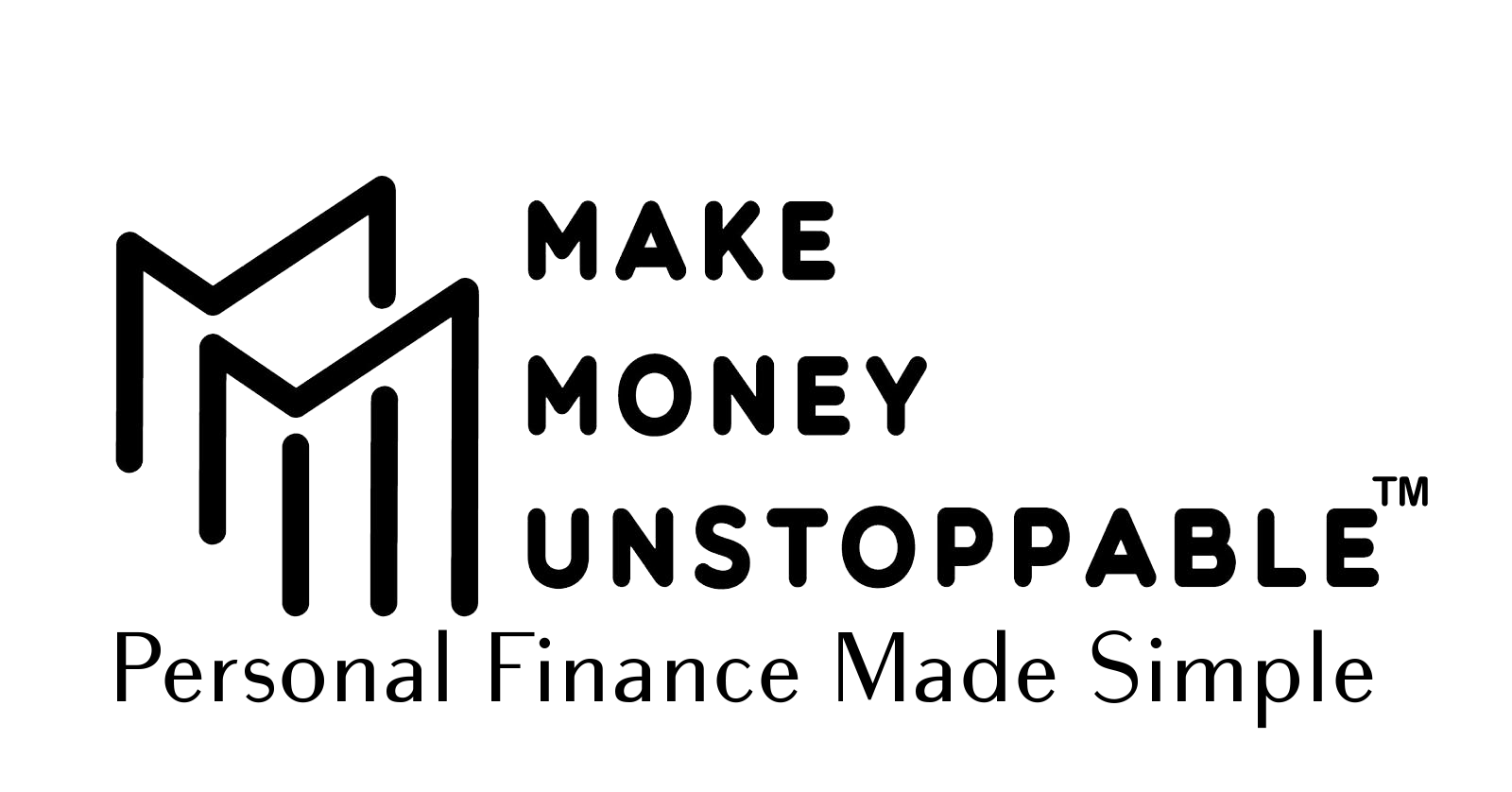
The Truth About Running a Business: Pros, Cons, and Survival Strategies
Running a business is often portrayed as the ultimate path to freedom, wealth, and personal fulfillment. Social media may also glamorize entrepreneurship with images of flexible schedules, exotic vacations, material wealth, and self-made success.
But behind the scenes, business ownership is a high-stakes journey, and it’s a game filled with risk, resilience, and relentless decision-making. Everything does look good on paper or by looking from the outside. Until you jump in and do it yourself, you will never be able to understand or know the intricacies of running a business.
Whether you’re launching a startup, managing a small business, or scaling a side hustle, understanding the truth about running a business is essential. This blog helps you explore the advantages and disadvantages of entrepreneurship and offers survival strategies to help you thrive in today’s competitive landscape.
Last Updated: August 28, 2025

Disclaimer:I am not a licensed financial advisor, financial planner, tax professional, or attorney. The information provided in this blog is for general informational and educational purposes only and should not be construed as professional advice. Always consult with a qualified expert before making financial, legal, or tax-related decisions.
The Pros of Running a Business
1. Having the Freedom and Flexibility
One of the most attractive benefits of entrepreneurship is the ability to control your schedule, environment, and direction. You’re no longer bound by rigid corporate structures, a boss, office politics, or micromanagement.

You may get to:
- Set your own hours and work remotely
- Choose your team, clients, and projects
- Align your business with your personal values
This autonomy often may allow entrepreneurs to design a lifestyle that suits their goals and priorities.
2. Having Unlimited Income Potential
Unlike salaried positions, business income can be scaled exponentially. Your earning ceiling may be defined by your strategy, execution, and market demand.
You may get to:
- Create multiple revenue streams (products, services, digital assets)
- Reinvest profits to help accelerate growth
- Tap into global markets through e-commerce and digital platforms
Entrepreneurs who master their niche may be able to build wealth far beyond any traditional employment structure or business model.
3. Having Creative Control to Innovate
Unlock your financial freedom.
Download this FREE eBook!.
How to make $100,000/month? Stop being average and think big.
Yes, this eBook is Free. Just drop your email to get instant access. It will be sent to your email.
How To Make $100 A Day – 23 Real Ways To Make Extra Money
16 Best Ways To Get Paid To Read Books in 2025
How To Become Rich – Strategies To Become Wealthy
18 Passive Income Ideas To Earn $1,000+ Each Month
Best Rewards Credit Cards For 2025 | What You Need To Know
Subscribe for exclusive insights
PLUS: Get Access to exclusive financial tips, learn everything about money and get early blog updates – delivered directly to your inbox .
Business ownership may help empower individuals to bring their ideas to life without compromising their true values. They can also innovate freely and pivot quickly.
They may be able to:
- Design unique offerings that reflect their vision
- Build a brand identity that resonates with their customers
- Experiment with marketing and customer engagement strategies
Creativity now becomes a strategic asset, driving differentiation and customer loyalty.

4. Personal Growth and Skill Development
Running a business is a crash course in leadership, resilience, and lifelong learning. They may help you develop a wide range of skills that serve you in every area of life.
It may help you:
- Master time management, negotiation skills, and be financially literate
- Build emotional intelligence and adaptability
- Gain confidence through overcoming challenges
Entrepreneurship forces you to evolve constantly, both professionally and personally. You will also need to keep learning, or you will sink.
5. Making an Impact and Creating a Legacy
Businesses can be vehicles for change: economically, socially, and environmentally. You may have the power to make a difference.

It may allow you to:
- Solve real-world problems and support local economies
- Create jobs and empower communities
- Champion sustainability and ethical practices
A successful business can leave a lasting legacy beyond profit. You will also have a say in its day-to-day operations, management, and vision.
The Cons of Running a Business
1. Financial Risk and Uncertainty
Every business will at some point face financial volatility. Without proper planning, even promising ventures can collapse.
The challenges faced by many:
- Initial investment may be substantial
- Revenue can be unpredictable
- Risk of debt, loss, or bankruptcy
Effective budgeting and financial planning are fundamental to long-term sustainability. To remain competitive, businesses must continuously refine their marketing strategies and proactively respond to evolving customer needs through consistent, strategic efforts.

2. Time Commitment and Burnout
Entrepreneurs often work longer hours than employees, especially in the early stages. The pressure to “always be on” can erode personal relationships and health.
The detrimental effects faced may include:
- Work-life balance may suffer
- Vacations and downtime are rare
- Constant decision-making leads to fatigue
Without boundaries set between work and leisure, passion can quickly turn into exhaustion and burnout.

3. Legal and Regulatory Challenges
Navigating business laws, taxes, and compliance can be complex and time-consuming. Mistakes may often lead to fines and or legal trouble.
The red tape and challenges faced by many businesses:
- Need for licenses, permits, and contracts
- Tax obligations vary by region and structure
- Risk of lawsuits or audits
Professional guidance from various professionals may often be necessary to stay compliant.
4. Responsibility and Pressure
As the owner, you’re accountable for every aspect of the business, right from customer satisfaction to employee welfare.
The business flow may include:
- Every decision made may impact the bottom line
- Managing team dynamics and morale
- Pressure to meet financial and operational goals
The weight of responsibility can be overwhelming without the right support, guidance, and coaching. This may also include mentorship.
5. Isolation and Loneliness
Entrepreneurs often work alone, especially in the beginning. Without a proper support system, the journey can feel isolating.

Here are a few of the drawbacks:
- Lack of peer interaction
- Less to no family life
- Emotional toll of setbacks
- Need for mentorship and community
- Pressure to meet the monthly target
- Health issues
Building a strong network is essential for both emotional resilience and strategic guidance. However, many entrepreneurs prefer to maintain full control over their decisions and operations, often opting to handle everything themselves. In an effort to minimize costs, they may also resist delegating tasks, despite the long-term benefits that collaboration and support can bring.
Survival Strategies for Entrepreneurs
Business success isn’t just about having a great idea. It comes down to execution, resilience, and adaptability. Here are a few proven strategies that may help entrepreneurs navigate challenges and build sustainable business ventures.

1. Building a Strategic Business Plan
A business plan isn’t just for investors; it’s your blueprint for success.
What does a business plan consist of? Here they are:
- Define your mission, vision, and target market
- Outline financial projections and marketing tactics
- Set measurable goals and milestones
Revisit and revise quarterly to stay agile and responsive.
2. Mastering Financial Literacy
Understanding your numbers is non-negotiable. Financial discipline is key to long-term sustainability. Knowing your numbers and your metrics well can help chart your course moving forward.
You may:
- Use accounting software to track income and expenses
- Build an emergency fund for unexpected costs
- Separate personal and business finances
Financial literacy can help empower people to make smarter decisions and thus reduce or mitigate risk.

3. Building a Digital Ecosystem and a footprint
Your online presence is your storefront, reputation, brand, and marketing engine.
What you may need to put in place:
- Optimize your website for search engines
- Leverage social media for engagement and brand awareness
- Collect and showcase customer reviews
- Seek and learn from customer feedback
Consistency across platforms can help build trust and brand recognition.
4. Delegating and Automating
Time is your most valuable resource. Protect it by working smarter and delegating low-value tasks that take up your time. Focus on the high-value tasks that will help move the needle.

You may choose to have systems in place:
- Automate tasks like invoicing, scheduling, and customer follow-ups
- Outsource design, copywriting, or tech support to freelancers
- Focus on high-leverage activities like strategy and partnerships
Efficiency is essential for scaling your business and sustainability.
5. Prioritizing Mental Health
Your business will only be as healthy as you are. Protect your mental and physical well-being to help maintain long-term performance and seek the results you are after.
You may need to draw the line by:
- Scheduling regular breaks and having digital detoxes
- Setting boundaries between work and personal life
- Seeking therapy, coaching, or peer support when needed
- You may need to time block for important items
A healthy mind can help fuel a healthy business. But if health takes the back seat and you have a lot of money coming in, it defeats the very purpose of running it in the first place.

6. Staying Legally and Ethically Compliant
Avoiding costly mistakes by staying well-informed about legal requirements and industry regulations can help you run your business smoothly.
You may choose to:
- Register your business structure appropriately (LLC, S-Corp)
- Draft contracts for clients, vendors, and employees
- Stay updated on changing laws and industry standards
Compliance may help with building credibility in the marketplace, building your brand, and protecting your business.
Red Flags and Common Mistakes Faced
These may be the most common mistakes to avoid. These traps can tend to derail even the most promising ventures:
- Scaling too fast without infrastructure
- Ignoring customer feedback
- Underpricing products or services
- Neglecting marketing and branding
- Failing to pivot when the market shifts
- Not keeping an eye on the company metrics
- Failing to learn from competitors’ business practices
- Learning from your past mistakes
- Ignoring the facts that may be staring at you
Is Entrepreneurship Right for You?
Entrepreneurship is not a one-size-fits-all path. It demands resilience, adaptability, and a willingness to embrace uncertainty. While the rewards can be immense, so too are the risks and responsibilities. It requires a mindset that thrives on problem-solving, continuous learning, and the ability to pivot when things don’t go as planned.
If you find energy in creating something from scratch, enjoy taking initiative, and are comfortable making tough decisions, entrepreneurship may align well with your strengths and aspirations.
However, it’s equally important to recognize your personal limits and preferences. Not everyone is wired for the relentless pace or emotional highs and lows that come with building a business. Success often hinges not just on passion, but on preparation, support systems, and a clear understanding of your goals.
Reflecting honestly on your motivations, risk tolerance, and long-term vision can help you determine whether entrepreneurship is your calling or simply a curiosity.
What’s been your biggest challenge in running a business? Share your experience in the comments below. Let’s learn from each other.
From Experience to insight : Transformational reads for the Strategic mind
Foundational readings for big shifts:
- How to Track Spending without Getting Overwhelmed
- The 7-Day Money Reset Plan: Take Back Control In Just One Week
- Are You Throwing Away $5,000 a Year on Food Waste Without Realizing It?
- The Real Cost of Owning a Big Home
- The Psychology of Spending: Why We Overspend and How to Stop It
- Mastering the Envelope Method
Author: Vaidya Selvan
Welcome to Make Money Unstoppable Personal Finance Made Simple, a blog born out of necessity, a space created from real-life experiences, hard-earned lessons, and a deep-seated desire to share what I wish someone had taught me or had known sooner.
Newsletter Invite
Want more real-world information on Money? Join my newsletter for practical tips, updates on my books, and strategies to help you build financial freedom on your terms.
#FinancialFreedom #Newsletter #MoneyTips



